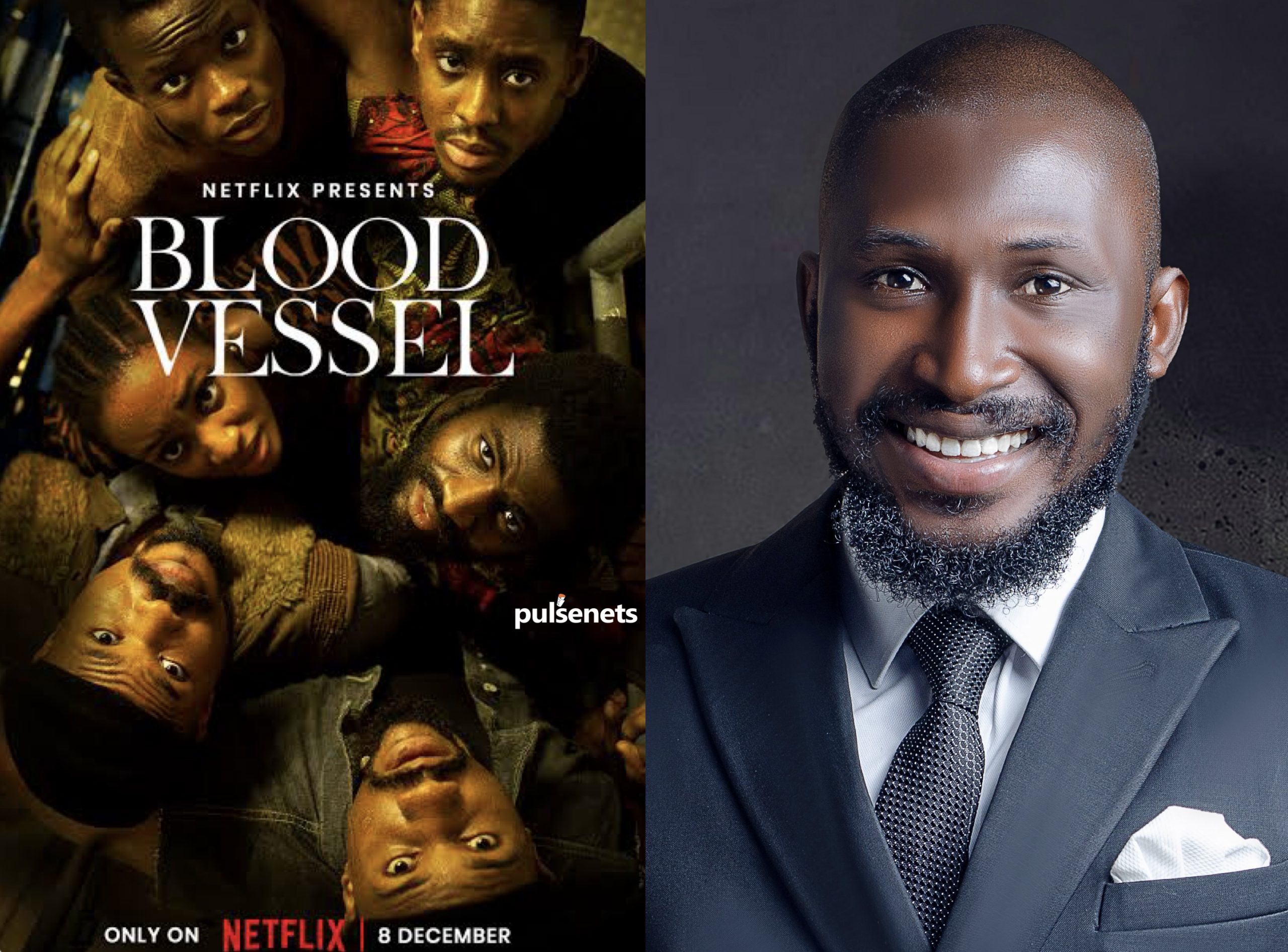Filmmaker Moses Inwang Faces Backlash Over Inaccurate Portrayal of Nembe in “Blood Vessel”
Moses Inwang’s recent film “Blood Vessel” has sparked outrage among members of the Nembe community, who accuse the film of being inaccurate, disrespectful, and insensitive towards their culture and traditions.
In an open letter addressed directly to Inwang, Francis Biobarakuma criticizes the film’s failure to accurately portray the Nembe people, language, and culture. The letter specifically highlights three key areas of concern:
- Disregard for the Nembe language: The film’s use of a different Ijaw dialect instead of the authentic Nembe language is viewed as an erasure of the community’s unique linguistic identity.
- Deceptive filming location: Choosing to film in a location that bears no resemblance to Nembe or Bayelsa creates a false narrative and misrepresents the community to a global audience.
- Offending sacred traditions: The film’s depiction of a Nembe man killing and consuming the sacred python directly challenges deeply held beliefs and traditions of the community, causing immense offense and disrespect.
Biobarakuma emphasizes that while creativity should be encouraged, it should not come at the expense of cultural sensitivity. He argues that using the name “Nembe” in the film carries the responsibility of portraying the community with accuracy and respect, which “Blood Vessel” demonstrably fails to do.
He wrote:
“A Critical Evaluation of “Blood Vessel”: An Open Letter to Moses Inwang
Dear Moses Sneeze Inwang,
“I am writing to express my disappointment and anger at the portrayal of Nembe in your recent film, “Blood Vessel” on
Netflix. As someone who was excited to see a film that promised to explore the lives and struggles of the people of Nembe, I found the final product to be deeply offensive and disrespectful.
“Firstly, the film’s claim to be centered on Nembe is undermined by its complete disregard for the Nembe language. Despite falling under the broader umbrella of Ijaw dialects, Nembe has its own unique linguistic identity that should have been showcased in a film that purports to represent the community. The decision to use a different Ijaw dialect instead of Nembe itself is not only inaccurate but also erases the distinct cultural heritage of the Nembe people.
“Secondly, the choice of filming location further betrays the film’s purported connection to Nembe. Filming in a location that bears no resemblance to Nembe or even Bayelsa is a blatant act of misrepresentation. It paints a false picture of the community for a global audience, undermining the authenticity and integrity of the film’s portrayal.
“However, the most egregious offense lies in the film’s depiction of the sacred python. As you know, the killing and consumption of the sacred python is a grave taboo in Nembe culture. By portraying a Nembe man committing this act within his own land, the film not only disrespects the deeply held beliefs of the community but also trivializes their cultural identity. This blatant disregard for sacred traditions is inexcusable and demands an immediate apology from you, Mr. Inwang.
“Creativity should never come at the expense of respect for cultural sensitivities. Using the name “Nembe” to promote a film comes with the responsibility of portraying the community accurately and respectfully. Unfortunately, “Blood Vessel” fails miserably in this regard, delivering a film that is not only inaccurate but also deeply offensive.
“The message is clear: producers of films that engage with specific cultures and communities must demonstrate the utmost respect for their traditions, identities, and beliefs. “Blood Vessel” stands as a stark example of the consequences of failing to do so, delivering a film devoid of authenticity and riddled with disrespect.
“Please understand, Mr. Inwang, that “Blood Vessel” did not tell the story of Nembe. It merely appropriated the name for its own purposes, leaving behind a legacy of disappointment and disrespect.













